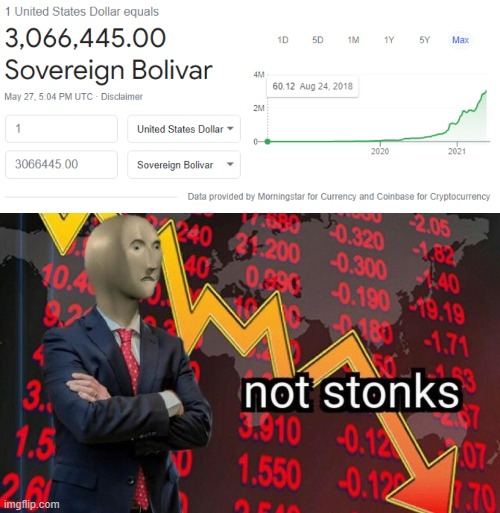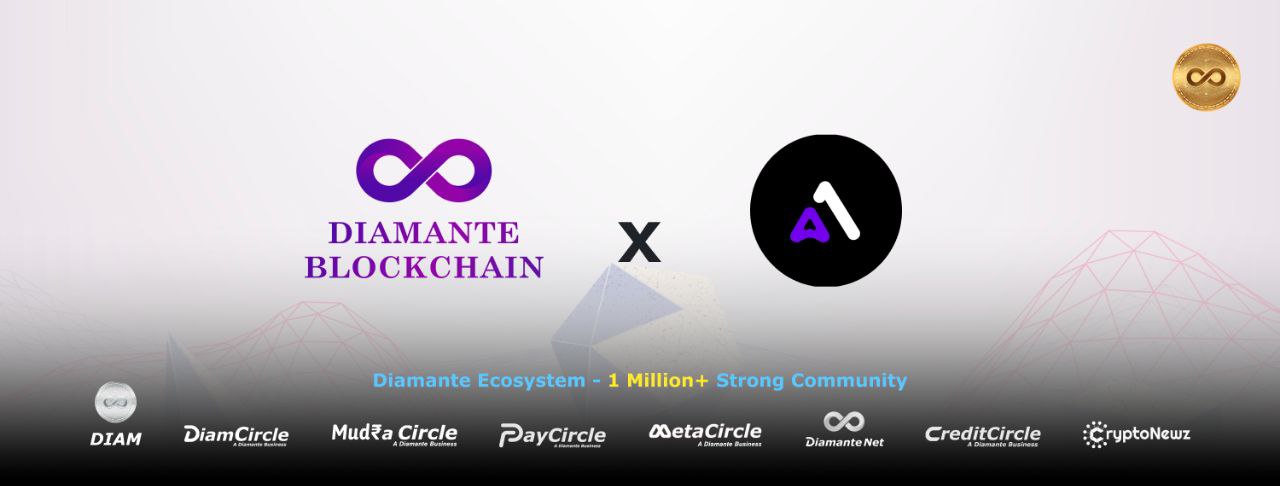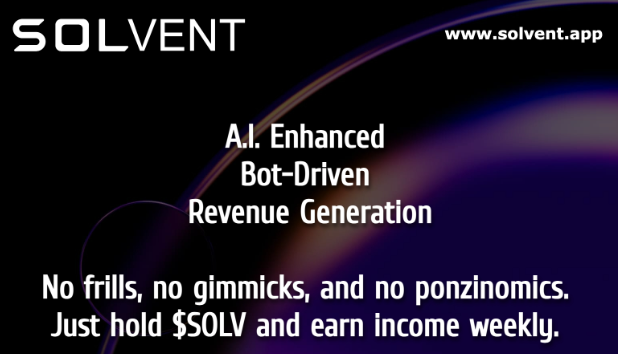
Venezuelan Crypto Ecosystem Remains Disrupted 4 Months After Sunacrip’s Intervention
The Venezuelan cryptocurrency industry faces challenges and uncertainty following Sunacrip’s intervention and the arrest of its leader, impacting market participants and hindering growth.
The Venezuelan cryptocurrency industry continues to face significant challenges, even four months after the intervention by Sunacrip and the subsequent arrest of its leader, Joselit Ramirez. This unfortunate situation has left the crypto ecosystem in disarray, with various repercussions observed throughout the country.
Sunacrip Takes Bold Step
Sunacrip, the Venezuelan entity responsible for regulating and overseeing the national digital currency, the Petro, took decisive action earlier this year. They intervened in the crypto market, disrupting operations and causing uncertainty for industry participants. Additionally, the arrest of Joselit Ramirez, the head of Sunacrip, further exacerbated the already tumultuous situation.

As a result of these actions, the Venezuelan crypto ecosystem has been severely impacted. Market participants, including individuals and businesses, have struggled to navigate the regulatory landscape and adjust to the changes implemented by Sunacrip. The lack of clear guidelines and the uncertainty surrounding the future trajectory of the industry have hindered growth and fostered a sense of instability.
Furthermore, the intervention and Ramirez’s arrest have had ripple effects on the broader economy. The Venezuelan population, already grappling with hyperinflation and economic instability, had turned to cryptocurrencies as an alternative means of preserving value and conducting transactions. However, the disruption caused by Sunacrip has undermined the trust and confidence in digital currencies, dampening their adoption and usage.
In a bid to restore stability and confidence within the crypto ecosystem, the Venezuelan government needs to prioritize clarity and transparency. Clear guidelines and regulations, along with consistent enforcement, are imperative to provide a supportive environment for market participants. Without these necessary measures, the industry will continue to struggle, hindering potential economic growth and innovation.
Furthermore, it is crucial for the Venezuelan government to address concerns regarding Ramirez’s arrest and clarify the charges against him. This will help alleviate suspicions and restore faith in the leadership of the cryptocurrency regulatory body. Open communication with industry stakeholders and a commitment to addressing their concerns will be essential in rebuilding trust and fostering a conducive environment for the crypto industry to thrive.
In conclusion, the Venezuelan crypto ecosystem is still reeling from the aftermath of Sunacrip’s intervention and the arrest of Joselit Ramirez. The lack of clear guidelines, coupled with the disruption caused by these events, has hindered growth and stability within the industry. It is now imperative for the government to prioritize transparency and provide a supportive environment for market participants. By addressing concerns, restoring trust, and fostering clear regulations, Venezuela can lay the groundwork for a revitalized and thriving crypto ecosystem.
Takeaway
- Sunacrip’s intervention and the arrest of Joselit Ramirez have left the Venezuelan crypto industry in disarray, impacting market participants and causing uncertainty.
- The lack of clear guidelines and regulatory changes have hindered growth and stability in the Venezuelan crypto ecosystem.
- The disruption caused by Sunacrip has undermined trust in cryptocurrencies as an alternative means of preserving value and conducting transactions.
- To restore stability, the Venezuelan government needs to prioritize clarity, transparency, and open communication with industry stakeholders, along with addressing concerns and providing consistent regulations.








